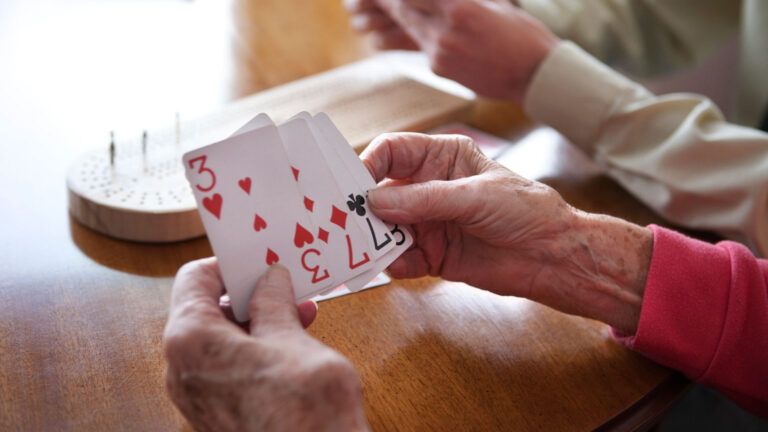Do you bow down before you chow down?
Do you say grace before mealtime? (By grace I mean saying any prayer from any faith tradition before you eat.) Do you? Turns out this is a major indicator of your political bent, Republican or Democrat, according to authors Robert D. Putman and David E. Campbell in their colossal tome American Grace: How Religion Divides and Unites Us. I’ll try to keep some suspense here by not immediately revealing which party does which, but I can feel myself already objecting to being so quickly categorized.
First of all, saying grace before you eat is healthy for you. Rebecca Katz, a nutritionist who has done wonders for cancer patients by coming up with foods that are just right for them during treatments, makes a great point about how a moment of praise or thanksgiving before you eat a meal is simply good for the digestive track. Think about that next time you grab a fast-food nosh and dash. How much would it really slow you to take a breather before you chow-down?
“I don’t want to be seen saying grace in a public place,” most of us think, even those of us who say grace very regularly (groan — that documented group). We don’t want to look like that Norman Rockwell painting, you know the one, of the boy and his grandmother bowing their heads to the wry amusement of others in the 1950s diner. Maybe you’ve had that experience of dining with a holy person in a restaurant and pausing to see who’s going to go first? Is somebody going to say the blessing before the waiter starts grinding the fresh pepper on your plate?
I admit I’ve heaved a sigh of relief if we didn’t have to do the bowing-heads moment. But then, I’ve also been incredibly touched by those prayers. It’s nice to be held hostage for a minute to the spiritual in a restaurant’s material realm.
The question as professors Putnam (he of Bowling Alone fame) and Campbell put it in their survey was about the frequency of grace: Do you do it several times a day, once a day, a few times a week, once a week, occasionally or never? I would end up in the category of at least once a day — before dinner at home. My wife and I made that decision to say grace every evening when the kids were young and we keep it up even though we’re empty-nesters.
There is some awkwardness at the table when we have guests for dinner. I find myself announcing rather loudly at times, “Let me say grace first.” Let the atheists in the bunch understand that this is one of my little eccentricities — I would hate to think they feel unwelcome. I never go on so long that dinner gets cold.
My father did sometimes. Three weeks ago at his funeral I spoke about his rich prayer life. We used to call his graces “the six o’clock news,” he’d put so much information into them: how the Dodgers were doing, what the president said, any natural disasters, our report cards, back-to-school night, the dog barking, Mom’s rolls. Quite frankly it was a good school for prayer. I’ve learned to let any interruption — that dog barking, the timer for Mom’s rolls — right into the prayer and let it go.
Back to that categorization. A little over 50 percent of those who say grace regularly are Republicans. About 40 percent are Democrats. In my family we’re divided politically right down the middle. My Republican brother-in-law always holds hands when we say grace. My Democrat brother-in-law gives these thoughtful, heartfelt graces that make me cry. I love them both. They are people of deep, abiding, probing faith. We can disagree about many things but we can always agree about this: We are blessed.
At dinner we remember that first. Then pass the rolls.






